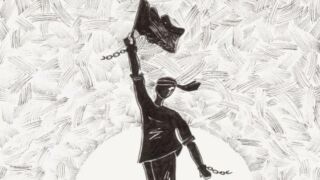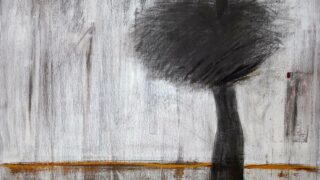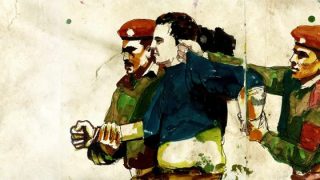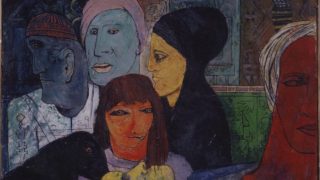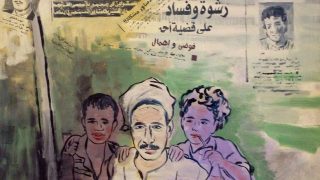In 1910, Degania Aleph was founded on the Sea of Galilee. The first Jewish socialist kibbutz and cooperative inside Palestine, Degania was succeeded by tens of agricultural and industrial kibbutzim. During the following decades, the kibbutz movement was the face of Zionism, showcasing the “new human being” it has birthed.
Much of the worldwide enthusiasm that accompanied Israel’s creation was due to the admiration for the kibbutzim and the management of daily life inside them. Not only was the kibbutz a community settlement, it also created its particular concepts and new human being. In the kibbutz, all members ate, worked, washed their cloths and slept together and so did their children.
There was no private property in kibbutzim as land was provided by the Jewish National Fund, responsible for buying Palestinian lands and setting them up for Jewish settlement. In the kibbutz, no-one was entitled to ownership over anything, including over children. Thus, the kibbutz movement has greatly contributed to the formation of the image of the Jewish-Israeli pioneer: the audacious, secular, confident young man who carries an axe with one hand and a gun in the other.
This was a golden age for the kibbutz movement and subsequently for Zionism, but everything changed after the declaration of Israel’s establishment. New people settled in the country and built their own places. Soon economic crises ensued.
English
The Policies of Control in Israel
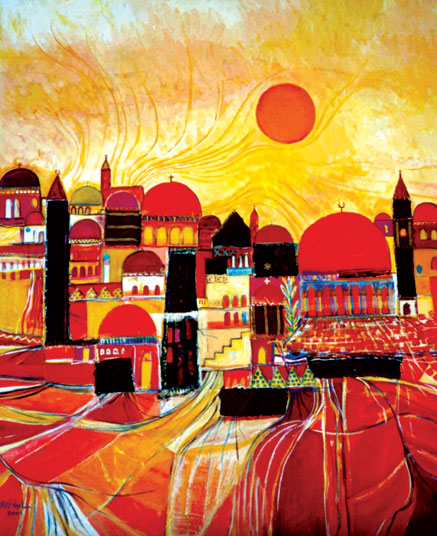
Articles from Palestine
Rashid Al-Khalidi: Israel is a Unique Settler-Colonial Project
Israel was not an extension of a mother country. This is a big difference from other kinds of colonialism and even other settlers' cases throughout history.
DECISION TIME IN THE WEST BANK: BRACING FOR SMOTRICH’S PLAN
If asymmetric containment is not a viable long-term strategy, the only other political settlement that remains for Israel is one of ethnic cleansing. The grim first conclusion is that it...
The Political Future of Palestinians, According to Palestinians
Times Opinion spoke to five Palestinian scholars and analysts in Gaza, the West Bank, Egypt and the United States about what they believe the future holds for their people. The...
From the same author
Between Whispers and Artillery
Few years before the revolution, free verse poetry was perceived in Egypt as a sign of change in the poetic atmosphere. I once heard the late Egyptian poet Hilmy...
Cairo: The closed Sadat Railway Station
On 14 August, 2013, the Sadat metro station that leads to Tahrir Square was indefinitely closed following the dispersal of the protests in Raba’a and Nahda Squares. The Sadat...
Egypt’s three peoples
At the very beginning, prior to the revolution and the internet, Hosni Mubarak was sitting on the throne of political power and Islamists held onto social power; and while the...


